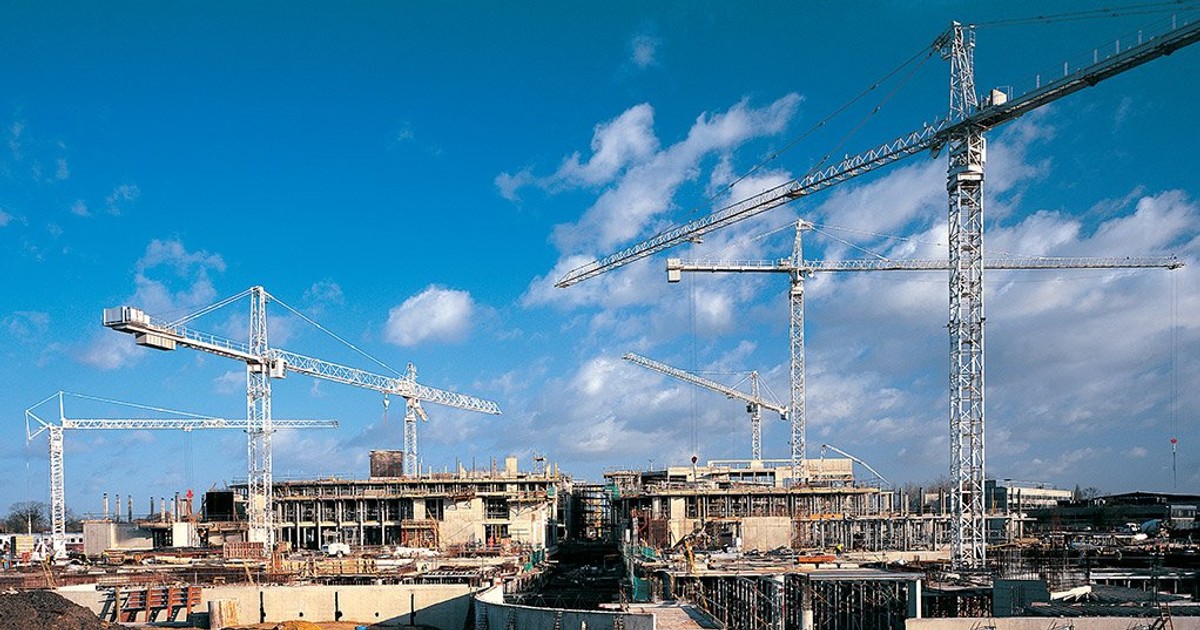By Aigboje Aig-Imoukhuede
At the 2025 Africa Financial Industry Summit, I reminded my colleagues in finance that Africa’s capital challenge is not one of scarcity, it is one of flow.Across our continent, there is an estimated $4 trillion sitting within African institutions and households, much of it parked in short-term or low-yield instruments. With a GDP of roughly $2.5 trillion, Africa can absorb every naira, cedi, or shilling of that capital today. The problem is that the pipes are blocked, and it is time to focus on the plumbers.
The Plumbers of African FinanceBy plumbers, I mean the leaders in government, central banks, pension funds, insurance companies, and commercial banks who determine how and where Africa’s wealth flows. We have built solid pipes for savings, payments, and consumption. But when it comes to channelling that liquidity into productive investment into enterprises that create jobs, build infrastructure, and drive innovation we fall short.
The reason is not incompetence; it is inertia. For decades, we have operated within a comfort zone of lending to governments or holding assets deemed “safe”. Yet, capital that chases safety alone cannot build nations. We must confront the mindset that equates security with inactivity. If we want growth, we must redirect our collective resources towards productive, risk-adjusted opportunities across African markets.
We are not spending enough time examining the mindset of those who control capital allocation. Capital isn’t flowing into productive sectors because investors are seeking safety and yield in low-risk instruments. This is the fundamental challenge we must address not through rhetoric, but through deliberate action to de-risk African market opportunities and redirect capital where it can drive genuine transformation.
De-risking is Leadership, Not CharityMuch has been said about the need to “de-risk” Africa. I believe that responsibility begins at home. The real risk is the one we perpetuate when domestic capital avoids domestic opportunity. Our challenge is not convincing global investors to believe in Africa; it is convincing ourselves.
That means designing policies that reward innovation and discipline. It means improving transparency, enforcing contract integrity, and building credit frameworks that reduce friction for investors. Above all, it means cultivating the courage and competence to lead capital where it is most needed.
History offers instructive parallels. Consider post-war Japan’s reconstruction miracle. Contrary to popular belief, domestic capital in Japan significantly exceeded the capital mobilised by the US government. What made the difference was deliberate policy action that channelled this capital into sectors that created national wealth, industrial companies, infrastructure, and productive enterprise. Japan’s leaders made conscious decisions about where capital should flow, and the results speak for themselves.
When a nation seeks to take its next developmental step, the emphasis cannot be solely on public markets. We must focus on private markets, industrial companies, the SME landscape, and real estate at scale. This requires very deliberate policy action from the architects of our financial systems.
Fintech as the New Investment EngineOne bright spot in this story is fintech. Across Africa, we now have between 640 and 700 million financial accounts, proof that technology has deepened inclusion faster than any traditional system ever could. But inclusion must now evolve into mobilisation. When we count investment accounts, the number drops to fewer than 20 million. That is where Africa’s next transformation lies.
Imagine if fintechs and banks combined their reach to turn millions of savers into investors. That is the kind of innovation partnerships like Coronation Group’s collaboration with Access Holdings, Safaricom, and M-Pesa seek to advance using technology to make investing as simple as sending money on a mobile phone.
I am not suggesting we replicate Japan’s 1950s model of agents distributing investment accounts on the ground. Instead, I envision fintechs becoming investment powerhouses through cooperation with banks. We already have hundreds of millions of accounts. The opportunity lies in mobilising hundreds of millions of investment accounts through strategic partnerships between fintechs, mobile payment companies, and traditional financial institutions.
This transformation requires the right policy context. Ministers and central banks must provide tax breaks and incentives for investments channelled into equities and productive sectors. Create frameworks that reward citizens for directing their savings toward nation-building enterprises. That kind of policy alignment can accelerate the shift from transacting to investing across the continent.
The Next Revolution in African FinanceIf the first revolution in African finance was digital payments, the next must be digital investment. Over the next thirty years, our goal should be to create hundreds of millions of investment accounts not only because they will fund growth, but because they will transform mindsets. Every African who invests, even a small amount, becomes a stakeholder in the continent’s future.
We have the resources. We have the people. What we need now is a shared resolve among Africa’s financial leaders, the plumbers, to ensure that the capital flowing through our systems builds something enduring.
That is the revolution we seek: a continent where African capital funds African prosperity. Aigboje Aig-Imoukhuede, CFR, is Chairman, Coronation Group.





